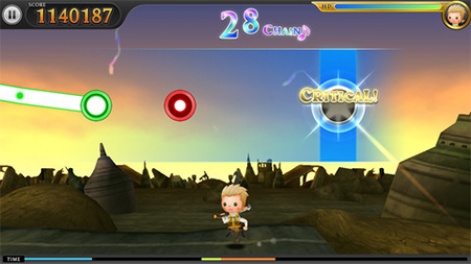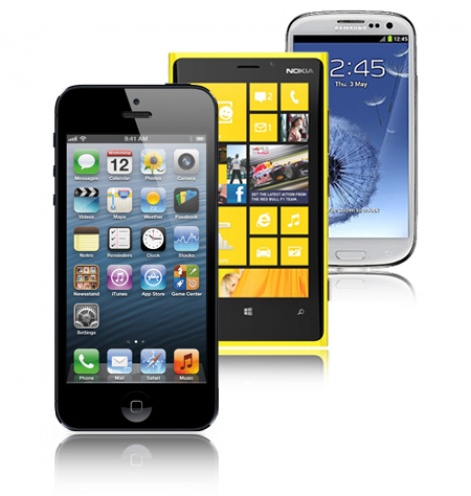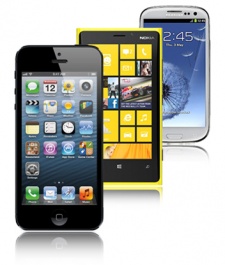As I rushed up to the bar, she was sitting outside - calm as you please - playing Lego Batman on her DS Lite. I hadn't touched a Nintendo handheld in about four years, but I was soon impressed at what the DS Lite could do.
Within a few weeks of our first date, I scrounged up $150 for a used DS Lite of my own so I could play a few rounds of Mario Kart with this amazing woman.
I was kicking myself for the impulsive purchase at the time, but little did I know that I would stretch almost four years of gaming out of my DS Lite before upgrading to the 3DS.
And I was late to the party - if I had picked up a DS Lite at its North American launch, I could have easily coaxed 7 or more years of gaming out of it.
The circle of lifecycles
This impressive life cycle simply doesn't exist for smartphones and tablets, as anyone with an iPhone 3GS, original iPad, or iPhone 4 can tell you.
Sure, there are plenty of casual games that still run on these devices, but the latest games aimed at the 'core' mobile gaming audience laugh at the underpowered processor of a mobile device that's barely 3-4 years old.
And that's a big problem.
I first noticed this trend back in December 2012 when I reviewed Theatrhythm Final Fantasy on iOS for sister site Pocket Gamer. As a rhythm game with light graphics, I was surprised to find that it absolutely struggled to run on my iPhone 4.

Theatrhythm Final Fantasy
A few days later, Square Enix released an update that stripped out the background graphics to lessen the load on the phone's processor, and it worked well enough after that.
But "well enough" is hardly the sort of performance that would have convinced me to part with the $147 in in-app purchases that Square Enix made available for the iOS release.
Instead, I sunk more money into DLC for my 3DS version of Theatrhythm.
This episode is symptomatic of a larger problem: Many players looking for a deep and satisfying mobile gaming experience will not drop $200 on a new gaming device every 2-3 years when they can spend the same amount (plus or minus a bit) on a comparable piece of kit that boasts a lifecycle of 5-7 years.
Phoning it in
Certainly, there's more to a new phone than enhanced gaming capabilities - but these features come and go like seasons. If you miss out on one generation, you'll be able to catch up or shoot past it in year or two.
And, as I know PocketGamer.biz editor Keith Andrew rightly believes, mobile games are not the driving reason behind most smartphone purchases these days.

They're a fun and added perk of owning a new piece of technology, certainly, but I've yet to meet anyone who purchased a new smartphone just so they could play the latest games on it.
What's more, as former editor-in-chief Kristan Reed argued at the end of 2012, aside from speedier chips and better cameras, one could argue that the 'smartphone revolution' that flew out of the blocks in 2007 has now plateaued.
There's little room for innovation within smartphone hardware left, meaning that the next iPhone, the next Galaxy S or the next Lumia will likely be much the same as the one already in your hands.
Indeed, the fact that certain flashy new games won't run on their existing handset may be the only reason many consumers upgrade in the years to come unless something changes.
Future proof
As such, with sales of the 3DS and its first party software soaring, it seems strange to me that some would suggest Nintendo should embrace mobile gaming and bring its IPs to a wider variety of gaming platforms.
To date, Nintendo and its competitor Sony haven't adopted this approach and it's arguable that they never will so long as there's a market for dedicated gaming handhelds.
And - for the aforementioned 'core' gamers at least - I believe there always will be, so long as the current cycle of near-annual hardware refreshes to smartphones and tablets continues.
So long as it does, I'll happily continue to spend my money on a gaming device that's in it for the long haul.






















